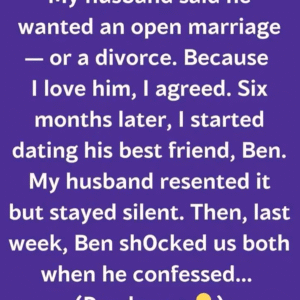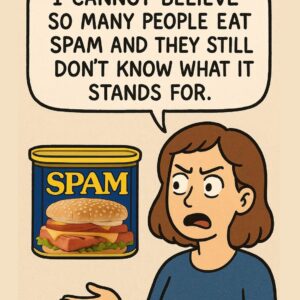Last Thursday, when I picked up my eight-year-old son Levi from school, he was unusually quiet and tense. Later at home, he showed me a disciplinary note accusing his military-style “high and tight” haircut of violating the school’s dress code for being “too aggressive” and “distracting.” Levi said his teacher had singled him out in front of the class and threatened “corrective action” if he didn’t change it by Monday. Yet another boy with the same haircut wasn’t punished, which felt inconsistent and unfair.
I met with the principal, who defended the rule to maintain a “positive learning environment,” but couldn’t explain why Levi was singled out. After talking with other parents, I discovered that Levi’s teacher, Ms. Reeves, had personal pain linked to the military—her father, a veteran, had died, leaving unresolved grief.
With the vice principal’s help, Ms. Reeves admitted she overreacted because Levi’s haircut triggered her painful memories. She apologized, and the disciplinary note was withdrawn. The principal acknowledged the need to clarify the policy.Levi kept his haircut, and Ms. Reeves began to heal from her loss. This ordeal taught me the importance of standing up for your child while also understanding the deeper struggles others might be facing. Sometimes, conflicts reveal opportunities for compassion and change.





